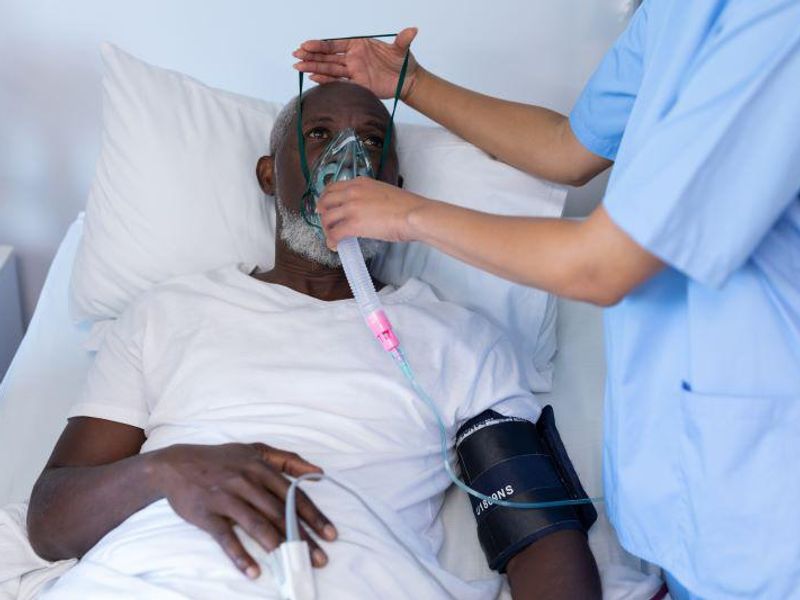WEDNESDAY, Jan. 19, 2022 (HealthDay News) — There are racial and ethnic disparities in receipt of monoclonal antibody (mAb) treatment among patients with COVID-19, according to research published in the Jan. 14 early-release issue of the U.S. Centers for Disease Control and Prevention Morbidity and Mortality Weekly Report.
Jennifer L. Wiltz, M.D., from the CDC COVID-19 Response Team, and colleagues used COVID-19 patient electronic health record data from 41 U.S. health care systems to assess receipt of medications for COVID-19 treatment by race and ethnicity. Relative disparities in mAb treatment among all patients (805,276 patients) and in dexamethasone and remdesivir treatment among inpatients (120,204 patients) were examined.
The researchers found that the overall use of mAb was infrequent among all patients with positive severe acute respiratory syndrome coronavirus 2 test results; for all racial and ethnic groups, mean monthly use was 4 percent or less. Compared with non-Hispanics, Hispanic patients received mAb 58 percent less often, and relative to White patients, Black, Asian, or other race patients received mAb 22, 48, and 47 percent less often, respectively, during November 2020 to August 2021. Disparities were different and of lesser magnitude among inpatients: Hispanic inpatients received dexamethasone 6 percent less often than non-Hispanics, and compared with Whites, Black inpatients received remdesivir 9 percent more often.
“A lower proportion of persons of racial and ethnic minority groups received mAb outpatient treatment for preventing severe COVID-19,” the authors write. “This finding highlights disparities as a priority for intervention and can guide strategies aimed at more equitable COVID-19 outcomes.”
One author disclosed financial ties to the pharmaceutical industry.
Copyright © 2021 HealthDay. All rights reserved.


